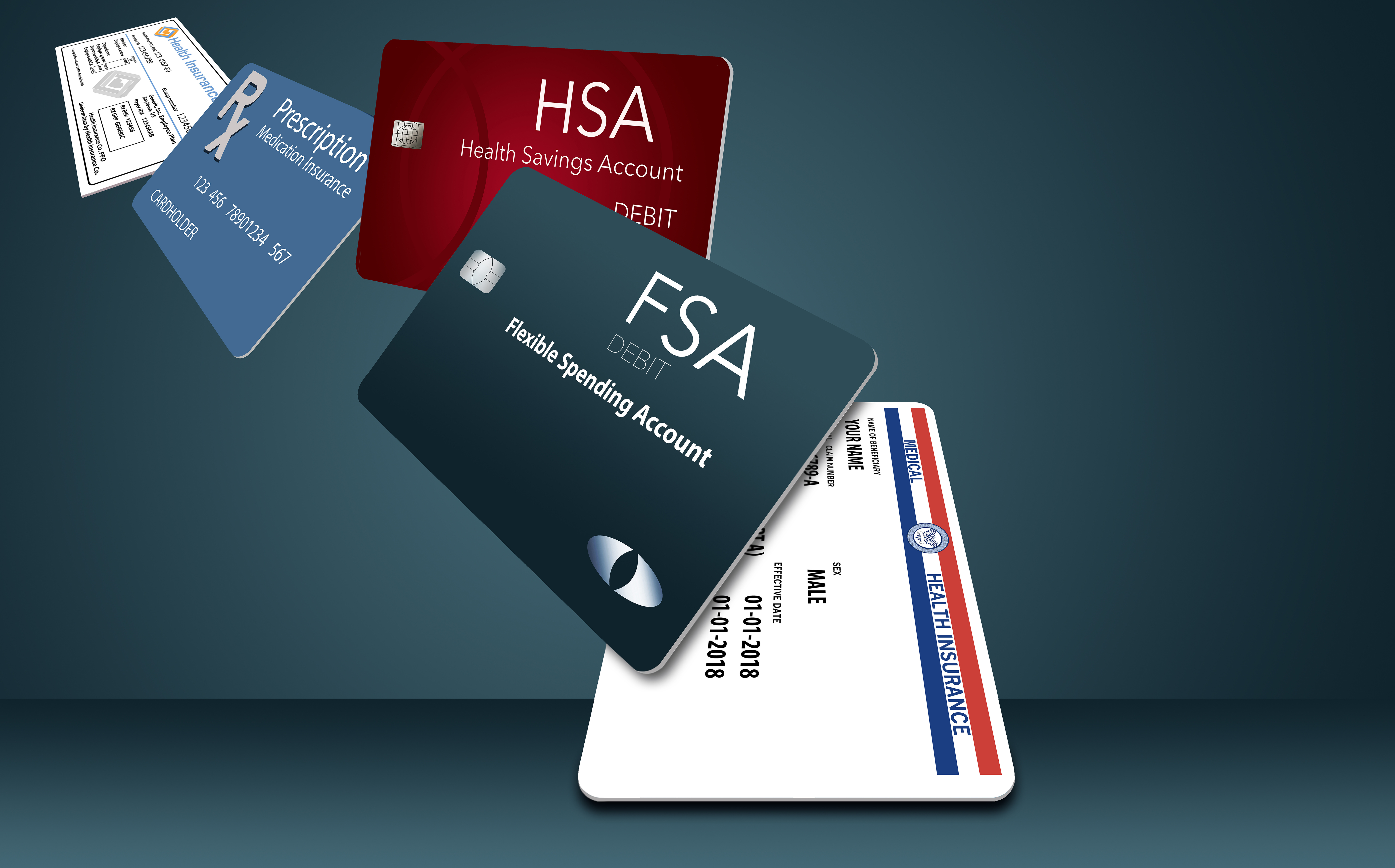
Undergoing cataract surgery can be a journey filled with anticipation and questions, particularly about the recovery process. One common question we get asked is, “How long do I need to wear dark glasses outside after cataract surgery?” At Chu Vision Institute, we understand that this question stems not just from a need for information but from a deeper concern for health and well-being post-surgery.
Embarking on the path to clearer vision, patients often face uncertainties about the healing process. The thought of wearing dark sunglasses might bring a mix of emotions – relief at the prospect of improved sight, coupled with concerns about adapting to this temporary change in lifestyle. We recognize that for many, the idea of wearing sunglasses is not just a matter of post-operative care but also about comfort, appearance, and returning to daily activities with confidence.
Our commitment at Chu Vision Institute goes beyond providing cutting-edge, community-focused care. It’s about understanding the nuances of your journey toward better vision. Whether it’s the glare of the sun or the sensitivity to light that concerns you, we’re here to guide you through each step, ensuring your transition to better vision is smooth and comfortable. We want you to embrace the world with new eyes, confident in the knowledge that every aspect of your care, including the need for eye protection post-surgery, is being handled with utmost empathy and expertise.
How Long Do I Have to Wear Dark Glasses After Cataract Surgery?
Post-cataract surgery, our nursing team will provide you with dark glasses to wear for comfort. The duration can vary based on individual factors like sensitivity to light (photophobia) and the specific type of lens implanted at the time of cataract surgery. At Chu Vision Institute, we prioritize tailoring post-surgery advice to each patient’s unique needs, ensuring the best possible outcome for your vision correction journey. And some patients love the glasses so much, they choose to wear them longer!
Undergoing cataract surgery at Chu Vision Institute means entrusting your vision to some of the most skilled hands in the field, led by the esteemed surgeon Dr. Ralph Chu. The journey towards clearer vision involves certain post-operative care, specifically regarding eye protection.
Understanding the Need for Sunglasses
After cataract surgery, your eyes are more sensitive to light. This is because the procedure involves removing the cloudy lens (the cataract) and replacing it with a clear, artificial lens (intraocular lens or IOL). This new lens, while restoring clarity to your vision, can initially make your eyes more sensitive to bright light. Also, during cataract surgery, your eyes are dilated with very strong dilating eye drops, so your pupils are letting extra light in. The purpose of wearing sunglasses post-surgery aids in the healing process and provides comfort from the bright sunlight.
The sunglasses recommended post-surgery are not just any ordinary pair. They should have a special coating to block UltraViolet rays, which is imiportant in the early stages of healing. Additionally, these glasses can help protect your eyes from dust and other small particles, reducing the risk of infection and aiding in proper healing. They wrap around your eyes more than traditional sunglasses to protect your eyes at every angle.
Wearing dark glasses post-cataract surgery isn’t just about following the doctor’s instructions; it’s about ensuring your eyes heal correctly and comfortably. With Dr. Chu and the team’s guidance at Chu Vision Institute, you can rest assured that your journey toward clearer vision is in safe hands, every step of the way.
Understanding Cataract Surgery
Cataract surgery is a common procedure designed to improve vision impaired by cataracts. A cataract forms when the natural lens of the eye, responsible for focusing light onto the retina, becomes clouded, often due to protein build-up. This cloudiness can lead to decreased vision and, if left untreated, significant visual impairment. It is not painful, and it is a natural part of aging.
The primary goal of cataract surgery is to remove the cloudy lens (the cataract) and replace it with an artificial lens implant, known as an intraocular lens (IOL). This restores clear vision by allowing light to pass through to the retina without the hindrance of the clouded lens. At Chu Vision Institute, this procedure is not just about correcting a visual defect; it’s a step towards enhancing overall quality of life through improved vision.
Types of Cataract Surgery at Chu Vision Institute
At Chu Vision Institute, we offer a range of cataract surgeries tailored to meet our patients’ specific needs and vision goals. Each type of surgery has its specific indications, and at Chu Vision Institute, we ensure that patients receive the most suitable procedure for their condition.
Dr. Chu, a distinguished figure in ophthalmology, has been at the forefront of advancing cataract surgery techniques. His expertise in the field extends to pioneering the use of state-of-the-art technology for vision correction. Dr. Chu’s approach to cataract surgery involves not just removing the cataract but also considering the overall health of the eye. This includes addressing other vision problems such as astigmatism, which can be corrected during the surgery through the use of toric lenses or other refractive techniques.
Dr. Chu’s commitment to advancing eye surgery is reflected in his dedication to adopting the latest innovations in intraocular lenses, ensuring that Chu Vision Institute remains a leader in providing cutting-edge vision correction services. His expertise and holistic approach to eye health mean that patients at Chu Vision Institute receive not just treatment for cataracts but comprehensive care for their overall visual well-being.
Lifestyle and Environmental Considerations
In the journey of recovery post-cataract surgery, lifestyle, and environmental factors play a significant role. We guide our patients through understanding how these elements can impact their post-surgery eye care, ensuring a smoother transition to improved vision.
Influence of Lifestyle on Post-Surgery Eye Care
- Outdoor Activities: For patients who enjoy outdoor activities or whose occupation requires significant time outside, wearing sunglasses becomes even more crucial. Activities like driving or sports increase exposure to sunlight and UV rays, demanding extra protection to prevent UV damage and reduce glare.
- Screen Time: In today’s digital age, prolonged screen time can strain the eyes, especially after cataract surgery. We advise patients to wear blue-light filtering glasses, minimizing eye strain and aiding in the healing process.
- Exercise and Physical Activity: Post-surgery, engaging in non-strenuous physical activities is often safe. However, wearing protective sunglasses during strenuous or physical activities helps shield the eyes from dust, wind, and any potential impact.
Environmental Factors and Their Impact
- Weather Conditions: Weather plays a pivotal role in post-operative eye care. On sunny days, the intensity of sunlight and UV radiation increases the need for high-quality sunglasses with UV protection. Conversely, even on cloudy days, UV rays can penetrate the clouds, making it essential to continue wearing protective sunglasses.
- Climate Change Impact: With the growing impact of climate change, we are experiencing increased UV radiation levels. This change heightens the risk of exposure to harmful UV rays, emphasizing the need for consistent use of UV-protective eyewear post-surgery.
We consider these lifestyle and environmental factors when advising our patients post-surgery. Dr. Chu and his team provide personalized recommendations on the type of sunglasses to wear, considering factors like UV protection level, lifestyle needs, and the specific environmental conditions the patient may encounter. We also educate our patients on the changing environmental factors and their potential impact on eye health, ensuring they are well-prepared to protect their vision in any condition.
Navigating the Path to Brighter Vision
In the quest for clearer vision following cataract surgery, we strive to help you understand the importance of post-operative care and the role of dark glasses. We’ve delved into the typical recommendation of wearing dark glasses for at least a week post-surgery, although this can vary based on individual factors like the type of cataract surgery and personal light sensitivity.
Protection against light sensitivity, UV radiation, and environmental irritants is a key aspect of wearing dark glasses after your procedure. This step is not just a precaution but a pathway to ensure a smooth and comfortable healing process. Recognizing the uniqueness of each patient’s journey, Chu Vision Institute, under the guidance of Dr. Ralph Chu, offers personalized advice tailored to your specific post-surgery eye care needs.
Your journey to restored vision is more than just the surgical procedure; it encompasses the entire recovery and adaptation process. At Chu Vision Institute, we stand ready to assist you every step of the way, ensuring your transition into your new vision with confidence and comfort. So, reach out to us to schedule your cataract surgery consultation, and let us be a part of your journey towards embracing a world of clarity and possibility.
Find your true north with New Vision.
More FAQs About How Long I Have To Wear Dark Glasses Outside After Cataract Surgery
Can I switch to my regular prescription glasses after cataract surgery, or do I need special sunglasses?
After cataract surgery, it’s important to wear sunglasses that offer UV protection and shield your eyes from bright light. If your regular prescription glasses have these features, you may use them. Otherwise, it’s advisable to use special post-operative sunglasses until your eye doctor confirms it’s safe to switch.
How do I choose the right sunglasses for post-cataract surgery recovery?
When choosing sunglasses for post-cataract surgery recovery, look for ones that offer 100% UV protection, have polarized lenses to reduce glare, and preferably wrap around to protect your eyes from all angles. Your eye care professional can recommend specific brands or features. Your Chu Vision nurse will provide you with sunglasses to wear out of the building on the day of your procedure
Is it safe to go without sunglasses indoors after cataract surgery?
Generally, it’s safe to go without sunglasses indoors after cataract surgery unless you’re sensitive to indoor lighting. However, if you experience discomfort or your eyes are dilated, it’s advisable to continue wearing them. Always follow your surgeon’s specific recommendations. Light sensitivity should improve over time. If your eyes become increasingly sensitive to light, please call us and let us know.
Will wearing sunglasses impact the healing process after cataract surgery?
Yes, wearing sunglasses can positively impact the healing process by protecting your eyes from UV rays, reducing glare, and minimizing exposure to dust or debris. This protection can help prevent complications and promote more comfortable healing.
Can I use over-the-counter sunglasses, or do I need prescription post-operative sunglasses?
Over-the-counter sunglasses that offer adequate UV protection and meet the recommended specifications for post-operative care can be used. However, if you have specific vision needs or require prescription lenses, consult with your eye doctor to determine the best option for your recovery period.
How do dark sunglasses affect my visual perception immediately after cataract surgery?
Dark sunglasses can initially alter your visual perception post-surgery by reducing brightness and glare, which is beneficial as your eyes adjust to the new intraocular lens. This adjustment is important for the comfort and protection of your eyes, especially in environments with bright or harsh lighting.
Should I consult with an optometry specialist regarding the type of sunglasses to wear post-cataract surgery?
Yes, consulting with an optometry specialist is advisable. They can provide tailored advice based on your specific visual needs and the type of cataract surgery you’ve undergone. An optometrist can also recommend sunglasses that best protect your eyes while ensuring comfort and optimal visual clarity.
Will the use of dark sunglasses post-surgery affect my long-term visual acuity?
The use of dark sunglasses post-surgery is primarily for short-term protection and comfort. It does not directly affect your long-term visual acuity. However, it helps in the healing process, ensuring that your eyes recover optimally, which is crucial for achieving the best possible visual outcome.
Are there specific features in sunglasses that can enhance visual acuity during recovery from cataract surgery?
Yes, sunglasses with polarized lenses can enhance visual acuity during recovery by reducing glare, which can be particularly helpful in bright environments. Additionally, ensuring that the sunglasses have proper UV protection is crucial for safeguarding your eyes from harmful rays that could affect healing.
Can the wrong type of sunglasses impair visual perception in the early stages of recovery from cataract surgery?
Yes, wearing sunglasses that don’t provide adequate protection or have improper tinting can impair visual perception during recovery. Sunglasses that are too dark or don’t have the correct UV protection might hinder your ability to adapt to new light conditions or could potentially expose your eyes to harmful light, impacting the recovery process.
source
https://www.chuvision.com/cataracts/how-long-do-i-need-to-wear-sunglasses-outside-after-cataract-surgery/


